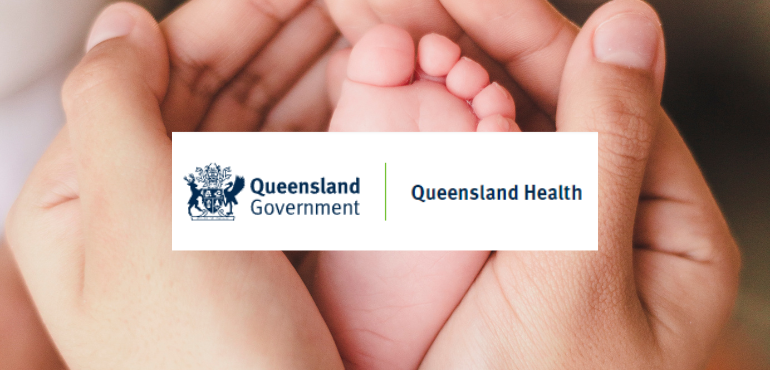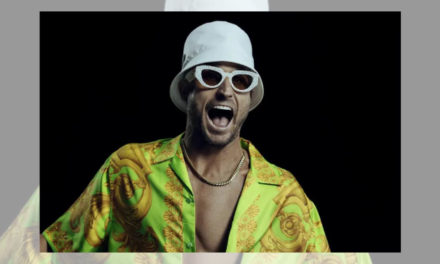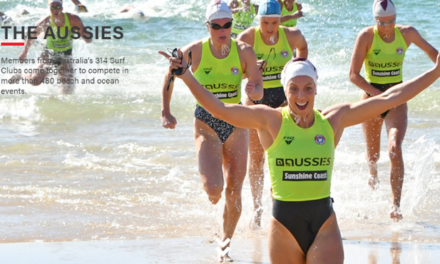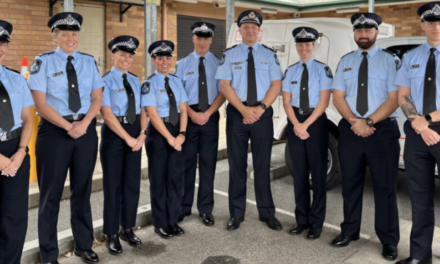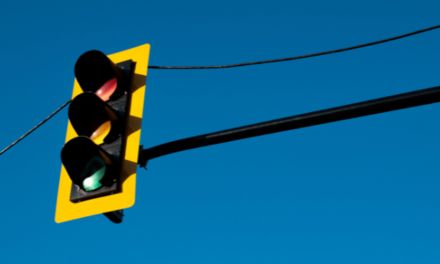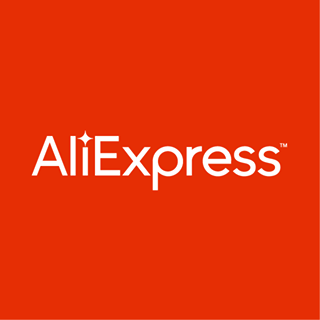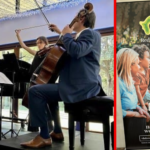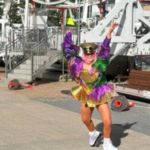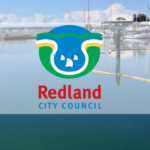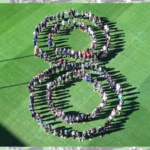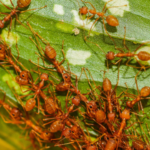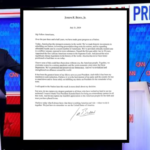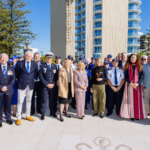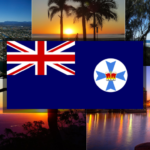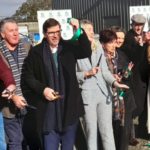The Queensland government has approved funding for an immunisation program targeting Respiratory Syncytial Virus (RSV), the leading cause of hospitalisation among infants and young children.
Funding for the Queensland Immunisation Program
The state government has unveiled a $31 million program aimed at immunising over 70,000 newborns, eligible infants, and young children.
Infants will receive Nirsevimab, a monoclonal antibody marketed as Beyfortus via injection.
It offers a distinct protection compared to vaccines, with an efficacy of approximately 80% in preventing hospitalisation due to RSV-induced lower respiratory tract infections.
Nirsevimab provides direct antibody protection to infants, compared with vaccines that prompt the recipient’s immune system to generate a response, including antibody production.
Monoclonal antibodies like Nirsevimab typically take effect within a few days, whereas vaccines generally require one to three weeks to start working.
Each Nirsevimab dose offers protection for a minimum of five months.
The program will start not later than May 1 of this year.
Who are qualified
- Newborns will be offered a dose before hospital discharge.
- Unimmunised newborns up to 8 months can receive a dose at the hospital or through a GP.
- Aboriginal/Torres Strait Islander infants (Less than 8 months of age)
- Infants with certain complex medical conditions (less than eight months of age)
- Infants with certain complex medical conditions (from eight months up to 19 months of age (inclusive), until October 31, 2024)
Over 3,000 Queensland children were hospitalised due to RSV last year according to Health Minister Shannon Fentiman.
News and logo image source: Queensland government website.

